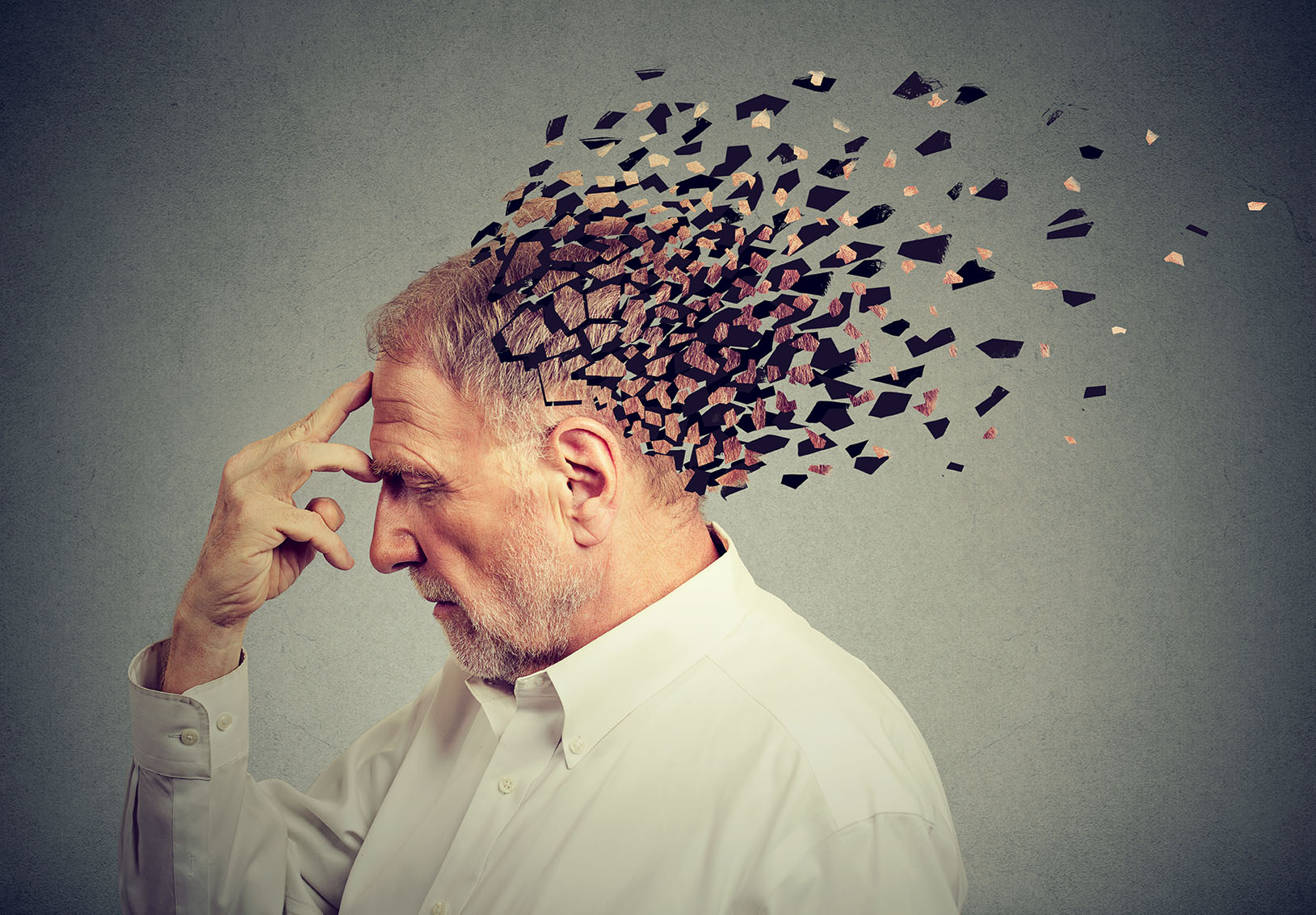
neurodegenerative
Definition
Neurodegenerative diseases are diseases that damage the nervous system. They can affect the brain, spinal cord, and nerves throughout the body.
Neurodegenerative diseases are often progressive, meaning that they get worse over time. They can cause a variety of symptoms, including memory loss, difficulty walking, and muscle weakness.
Some common neurodegenerative diseases include Alzheimer's disease, Parkinson's disease, and multiple sclerosis.
There is no cure for neurodegenerative diseases, but there are treatments that can help to slow the progression of the disease and improve symptoms.
How can the word be used?
Neurodegenerative diseases are a major cause of disability and death in older adults.

Different forms of the word
Noun: A disease that causes the progressive loss of neurons.
Adjective: Relating to neurodegeneration or a neurodegenerative disease.
Etymology
The word "neurodegenerative" is a compound word that is made up of the words "neuro-" and "degenerative." The word "neuro-" refers to the nervous system, and the word "degenerative" refers to a process of decline or deterioration.
Question
What happens when you have a neurodegenerative desease?